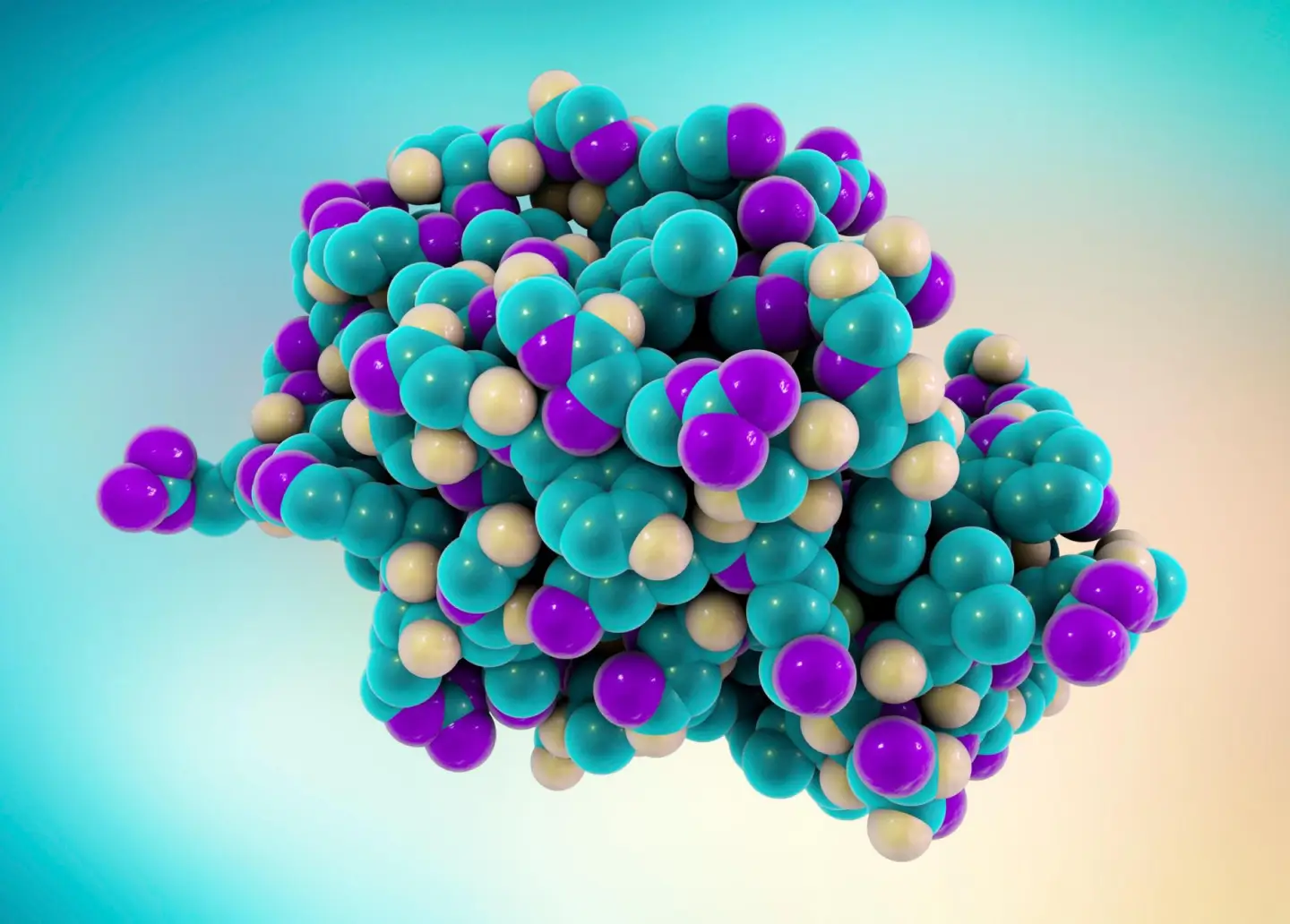Introduction Enzymes, long recognized for their pivotal roles in biological systems, are now at the forefront of medical innovations. From diagnostics to therapeutics, pharmaceutical enzymes are revolutionizing the way diseases are detected, treated, and managed....
Pharmaceutical Enzymes Manufacturer
What are Pharmaceutical Enzymes?
Pharmaceutical Enzymes are protein – biological catalysts that speed up chemical reactions in living organisms. These can be used as drugs, which have two important features that distinguish them from all the other types of chemical drugs. First, they bind and act on their targets with great affinity and specificity. And second, they are catalytic in nature converting multiple target molecules to the desired products. These two features make Pharmaceutical Enzymes specific and potent drugs that can accomplish therapeutic biochemistry in the body that small molecules cannot.
Most of these therapeutic enzymes are produced industrially by employing various types of fermentation techniques, using a suitable expression system which includes a microbial strain (bacteria, yeast, fungi, etc), plant or animal cell culture, and genetically engineered organisms. The advancements in the fields of recombinant DNA technology, protein engineering, material science, enzyme immobilization, and nanotechnology has provided an astounding platform for the development of enzymatic drugs that have varied applications in the treatment of a range of diseases.
Enzymes used in the pharmaceutical industry have revolutionized drug development and treatment approaches. These specialized enzymes possess remarkable affinity and specificity, allowing them to target specific molecules with precision. Additionally, their catalytic nature enables them to convert multiple target molecules into desired therapeutic products. As a result, enzymes used in pharmaceuticals offer unique advantages over conventional chemical drugs. The industrial production of therapeutic enzymes involves employing fermentation techniques and advanced expression systems using microbial strains, plant or animal cell cultures, and genetically engineered organisms. Leveraging advancements in recombinant DNA technology, protein engineering, material science, enzyme immobilization, and nanotechnology, the pharmaceutical industry has witnessed remarkable progress in developing enzymatic drugs. These pharmaceutical enzymes find diverse applications in treating various diseases, showcasing their immense potential in advancing therapeutic biochemistry.

Our Solutions

Amylase, Diastase and Pepsin
This can be used as digestive aids.Starch And Protein Digestion
Gastrointestinal Aid
High Energy Generation
Bromelain
It reduces swelling and pain.Plant Origin
Hydrolysis of Protein
Infection Treatment


Papain
This Proteolytic Enzyme can be used as an anti-inflammatory agent.Plant Origin
Hydrolysis of Protein
Infection Treatment
Lactase
This is useful for treating lactose intolerance.Use In Products For Lactose Intolerant
Increases Availability Of Vitamin D
Gastrointestinal Aid


Serratiopeptidase
It removes blood clots in the system.Anti-Inflammatory
Reduces Edema
Metabolizes Scar Tissues
Nattokinase
It can be used as a blood thinner.Improves Blood Flow
Reduces Strain On Heart
Improves Varicose Veins


Lysozyme
It acts as an anti-microbial agent.Antimicrobial Properties
Alternative To Chemical Antibiotics
Boost Immunity System
Related Blogs & Insights
Bromelain Enzyme: Uses and Benefits
Bromelain is a combination of enzymes present in the pulp and stem part of the Pineapple Plant or Ananas comosus. Bromelain, which is rich in dietary fibre, is a proteolytic enzyme that falls in the category of enzymes that assist in protein digestion. Bromelain...
Nutraceutical Enzymes And Their Benefits
It is common knowledge that humans have always identified natural products as the main source of nutrition. Dietary requirements have always been the point of focus when it comes to nutrition. It is also interesting to note that the field of biomedicals has found out...
Frequently Asked Questions ,Pharmaceutical Enzymes
What are Pharmaceutical Enzymes?
What is the difference between a therapeutic enzyme and a digestive enzyme?
What is Serratiopeptidase used for?
What is lysozyme used for?
What is the main function of pepsin and trypsin?
For A Greener Tomorrow
Committed to advancing eco-friendly biotechnology for a healthier planet.


